
Home
Publications
Publications
Showing 0 to 0 of 0 results
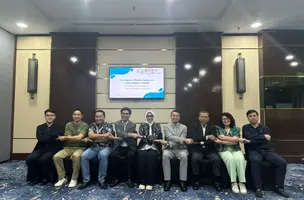
Statements
2025-07-08T12:00:03
ASEAN Parliamentarians Commit to Address Human Rights Violations through Joint Action on Transboundary Plastic Pollution
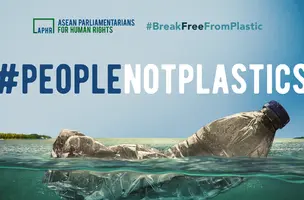
Statements
2025-07-03T20:39:37
#PeopleNotPlastics—Plastic Pollution is a Human Rights Issue
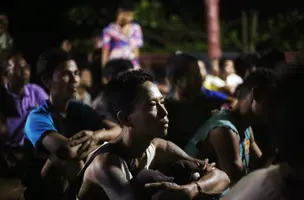
Statements
2025-07-02T09:21:44
ASEAN Foreign Ministers Must Act Now to Free Myanmar’s Political Prisoners, Say Southeast Asian MPs
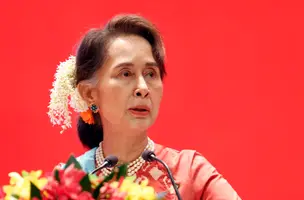
Statements
2025-06-25T21:46:30
Southeast Asian MPs Condemn Myanmar Junta’s Arrest of Flower-Wearing Civilians, Demand Immediate Release
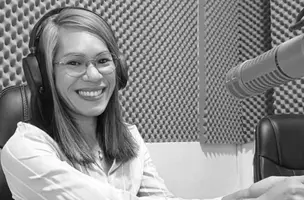
Statements
2025-06-25T16:51:49
APHR Condemns Killing of Filipino Human Rights Defender, Demands Swift and Impartial Investigation
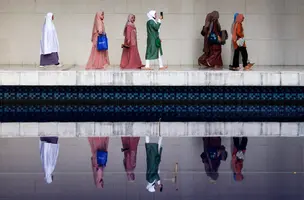
Statements
2025-06-24T12:28:51
Sisters in Islam Case a Turning Point for Civil Liberties, Declares Southeast Asian Policymakers
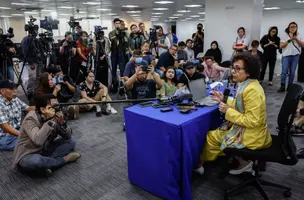
Statements
2025-06-19T15:11:46
APHR to Marcos Administration: End Red-Tagging, Free Human Rights Defenders, Act on UN Recommendations Now

Statements
2025-06-12T07:00:20
APHR Demands Protection of Filipino Fisherfolk, Calls for an end to US-China Militarization of the Philippine Seas
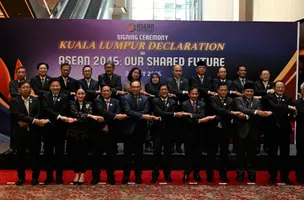
Statements
2025-05-30T17:39:11
ASEAN Vision 2045 Falling Short on Human Rights and Democratic Reform, Says APHR
TOP
ASEAN Parliamentarians for Human Rights (APHR) was founded in June 2013 with the objective of promoting democracy and human rights across Southeast Asia. Our founding members include many of the region's most progressive Members of Parliament (MPs), with a proven track record of human rights advocacy work.
Copyright © 2024-2025 All Rights Reserved - ASEAN Parliamentarians for Human Rights (APHR)
Website by Bordermedia